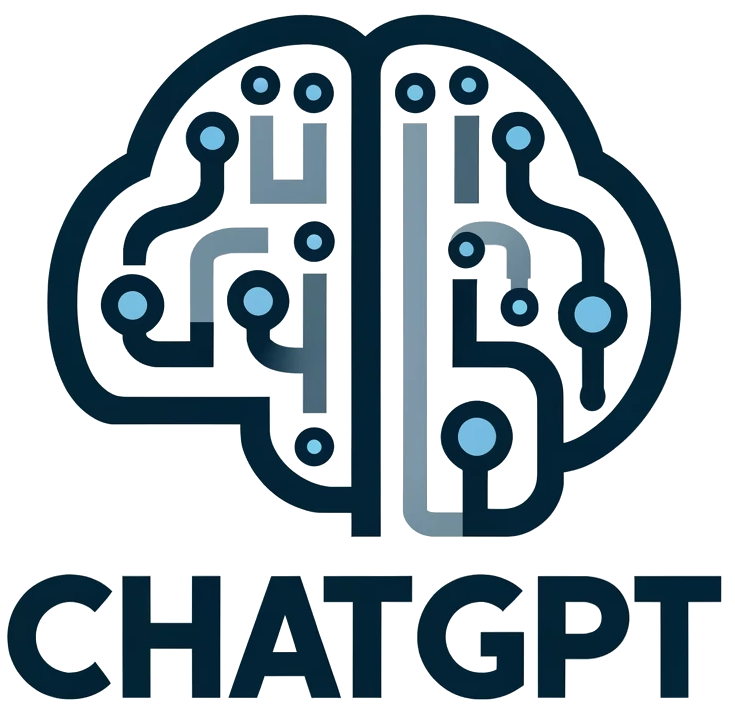Latest news on Artificial Intelligence

Latest news on Artificial Intelligence
Advancements in AI Technology
Hey there, tech enthusiasts! Today, we’re diving into the latest news on Artificial Intelligence (AI) and the exciting advancements happening in this rapidly evolving field. From self-driving cars to virtual assistants, AI is revolutionizing the way we live and work. So, let’s take a closer look at some of the most recent developments in AI technology.
One of the most talked-about advancements in AI is the rise of deep learning algorithms. These algorithms are designed to mimic the way the human brain processes information, allowing machines to learn from data and make decisions without being explicitly programmed. This has led to breakthroughs in areas such as image recognition, natural language processing, and even healthcare.

In the world of healthcare, AI is making waves with its ability to analyze vast amounts of medical data and assist doctors in diagnosing diseases more accurately and quickly. For example, AI-powered systems can now detect early signs of diseases like cancer by analyzing medical images with incredible precision. This has the potential to revolutionize the way we approach healthcare and save countless lives in the process.
Another exciting development in AI technology is the integration of AI into everyday devices. From smart speakers like Amazon’s Alexa to autonomous drones, AI is becoming increasingly ubiquitous in our daily lives. These devices are designed to make our lives easier and more convenient, whether it’s by helping us with tasks around the house or providing us with personalized recommendations based on our preferences.
One area where AI is making a significant impact is in the automotive industry. Self-driving cars are no longer a thing of the future – they’re here, and they’re changing the way we think about transportation. Companies like Tesla and Waymo are leading the charge in developing autonomous vehicles that can navigate roads safely and efficiently. This technology has the potential to reduce accidents, ease traffic congestion, and even lower carbon emissions.
But it’s not just self-driving cars that are benefiting from AI technology. The retail industry is also seeing the benefits of AI with the rise of personalized shopping experiences. AI-powered algorithms can analyze customer data to provide tailored recommendations, predict trends, and even optimize pricing strategies. This not only improves the shopping experience for consumers but also helps retailers increase sales and stay ahead of the competition.
As AI continues to advance, so too do the ethical considerations surrounding its use. Questions about data privacy, bias in algorithms, and the potential for job displacement are all hot topics in the AI community. It’s crucial that we address these issues head-on to ensure that AI technology is used responsibly and ethically.
In conclusion, the latest news on Artificial Intelligence is nothing short of exciting. From deep learning algorithms to self-driving cars, AI is transforming the way we live and work in ways we never thought possible. As we continue to push the boundaries of AI technology, it’s important to keep in mind the ethical implications and ensure that we use this powerful tool for the greater good. So, buckle up and get ready for a future where AI is at the forefront of innovation. The possibilities are endless!
Ethical Implications of AI
Artificial Intelligence (AI) has been making waves in the tech world for quite some time now, with advancements being made at a rapid pace. From self-driving cars to virtual assistants, AI has become an integral part of our daily lives. However, with these advancements come ethical implications that need to be carefully considered.
One of the biggest concerns surrounding AI is the issue of bias. AI systems are only as good as the data they are trained on, and if that data is biased, the AI system will also be biased. This can lead to discriminatory outcomes, such as facial recognition software that is more accurate for white faces than for black faces. It is crucial that developers take steps to ensure that their AI systems are fair and unbiased.
Another ethical concern is the potential for AI to replace human jobs. As AI becomes more advanced, there is a fear that it will lead to widespread unemployment as machines take over tasks that were previously done by humans. While this may lead to increased efficiency and productivity, it also raises questions about the future of work and how society will need to adapt to these changes.

Privacy is also a major concern when it comes to AI. As AI systems collect and analyze vast amounts of data, there is a risk that personal information could be misused or exploited. It is important for companies to be transparent about how they are using data and to ensure that they are following strict privacy guidelines to protect user information.
In addition to these concerns, there is also the issue of accountability when it comes to AI. Who is responsible if an AI system makes a mistake or causes harm? Should it be the developer, the company that deployed the system, or the AI system itself? These are questions that need to be addressed as AI becomes more prevalent in society.
Despite these ethical concerns, there are also many benefits to be gained from AI. AI has the potential to revolutionize industries such as healthcare, transportation, and finance, making processes more efficient and improving outcomes for users. It can also help to solve complex problems that were previously thought to be unsolvable.
As we move forward with the development and deployment of AI, it is important to keep these ethical considerations in mind. Developers and companies must work together to ensure that AI systems are fair, unbiased, and transparent. It is also important for policymakers to create regulations that protect user privacy and hold companies accountable for the actions of their AI systems.
In conclusion, while AI has the potential to bring about great advancements in technology, it also raises important ethical questions that need to be addressed. By being mindful of these concerns and working together to find solutions, we can ensure that AI is used in a responsible and ethical manner.
Impact of AI on Various Industries
Artificial Intelligence (AI) has been making waves in various industries, revolutionizing the way businesses operate and improving efficiency across the board. From healthcare to finance, AI is changing the game and reshaping the future of work.
In the healthcare industry, AI is being used to improve patient care and streamline processes. AI-powered tools can analyze medical images, predict patient outcomes, and even assist in diagnosing diseases. This technology is helping healthcare professionals make more informed decisions and provide better care to patients.
In the finance sector, AI is being used to detect fraud, automate processes, and personalize customer experiences. Banks and financial institutions are leveraging AI to analyze data, identify patterns, and make predictions about market trends. This technology is helping financial institutions stay ahead of the curve and provide better services to their customers.
In the retail industry, AI is being used to enhance the customer experience and drive sales. Retailers are using AI-powered tools to analyze customer data, personalize marketing campaigns, and optimize pricing strategies. This technology is helping retailers better understand their customers’ needs and preferences, leading to increased sales and customer satisfaction.

In the transportation industry, AI is being used to improve safety, efficiency, and sustainability. Autonomous vehicles powered by AI are revolutionizing the way people travel, reducing accidents and traffic congestion. AI is also being used to optimize routes, reduce fuel consumption, and minimize carbon emissions. This technology is helping transportation companies operate more efficiently and reduce their environmental impact.
In the manufacturing industry, AI is being used to automate processes, improve quality control, and increase productivity. AI-powered robots are being used to perform repetitive tasks, freeing up human workers to focus on more complex and creative tasks. AI is also being used to analyze data from sensors and machines, identify patterns, and predict maintenance issues before they occur. This technology is helping manufacturers reduce costs, improve product quality, and increase production efficiency.
Overall, AI is having a profound impact on various industries, transforming the way businesses operate and improving outcomes across the board. As AI continues to evolve and become more sophisticated, we can expect to see even greater advancements in the coming years. It’s an exciting time to be in the world of AI, and the possibilities are endless.
